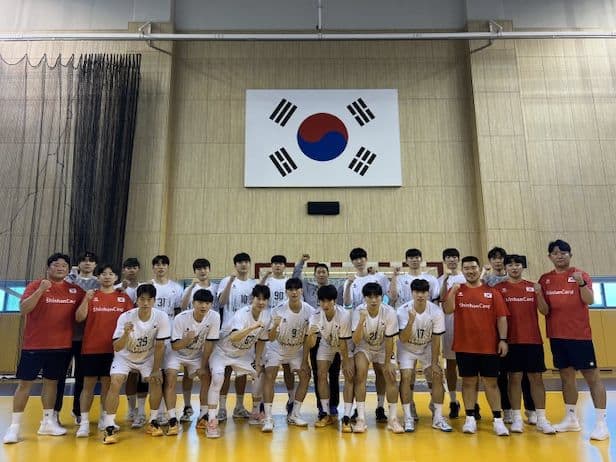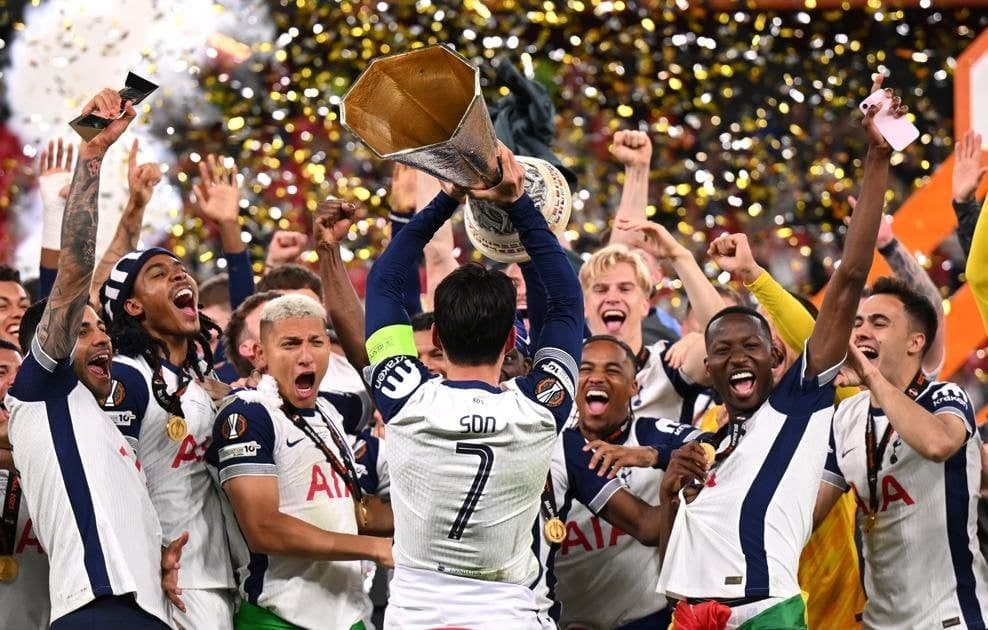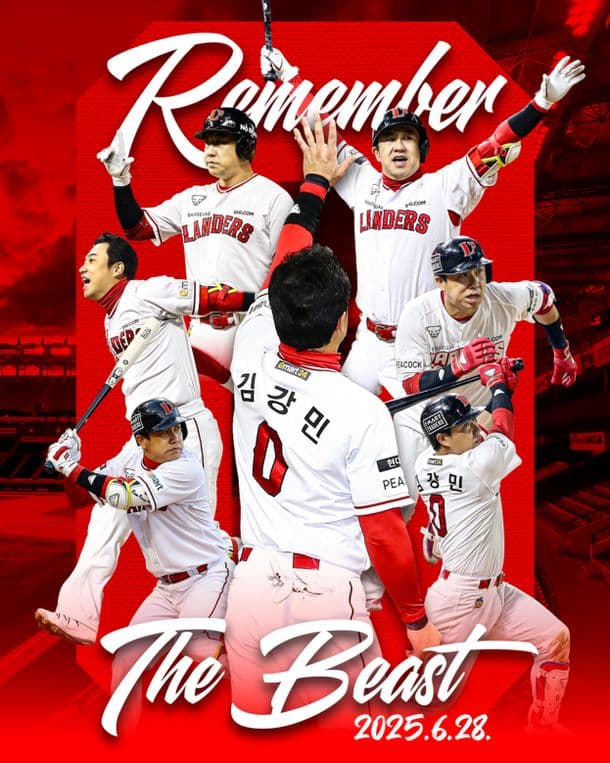Why Did Korea's U21 Men's Handball Team Finish 24th at the World Championship? A Deep Dive into Performance, Reactions, and Future Hopes

Introduction: Korea's U21 Journey on the World Stage
Did you know? The Korean U21 men's handball team just finished their run at the 25th IHF Men's Junior World Championship in Poland, ranking 24th out of 32 nations. Expectations were high, especially after their runner-up finish at last year's Asian Junior Championship. With the tournament held from June 18 to 29, 2025, fans and analysts closely watched every move. Though the outcome wasn't what many hoped for, the journey was filled with drama, learning, and moments of brilliance.
From the group stage battles to the President's Cup and the final placement matches, this team’s campaign offers a snapshot of Korean handball’s current state and its future potential.
Group Stage Battles: Facing the Giants

Korea was drawn into Group C, alongside powerhouse Sweden, regional rival Japan, and the United States. The opener against Sweden was a tough 31-42 loss, exposing defensive gaps but also highlighting the fighting spirit of players like goalkeeper Kim Hyun-min and right back Lee Min-joon. The much-anticipated Korea-Japan match ended in a 28-35 defeat, with Lee Min-joon scoring 8 goals and Kim Hyun-min making 11 saves. Despite these losses, the team rallied to edge out the U.S. 35-33, securing third place in the group. This victory was a testament to their resilience and ability to perform under pressure.
President's Cup: Redemption and Heartbreak
Not advancing to the main round, Korea entered the President's Cup for placement matches. Here, they delivered a commanding 42-29 win over Canada, showing flashes of their offensive potential. The subsequent 24-24 draw against Algeria was tense, with both teams fighting for every point. This result sent Korea to the 21st–24th place semifinals, where they faced Tunisia. A close 29-31 defeat meant Korea would play for 23rd place.
The final match against Argentina was a rollercoaster. Korea started strong, leading 8-2, but lost momentum and ultimately fell 30-35. Lee Min-joon’s 11 goals earned him the team MVP, but defensive lapses and loss of concentration in the second half proved costly.
Standout Players: The Future of Korean Handball
Despite the team’s struggles, several players stood out. Lee Min-joon (Kyung Hee University) was consistently the top scorer, showing leadership and skill under pressure. Goalkeeper Kim Hyun-min also delivered key saves, especially in high-stakes moments. Other notable contributors included Jungwoo Kim and Moon Jin-hyuk, who provided crucial goals in tight matches. The core of this squad, built from last year’s Asian Junior Championship finalists, suggests a promising future if nurtured properly.
Community and Media Reactions: Mixed Feelings, Honest Reflections
Korean sports communities on Naver, Daum, DCInside, FM Korea, and PGR21 offered a range of reactions. On Naver and Daum, about 60% of comments expressed disappointment at the low ranking, especially given Korea's handball tradition. However, many fans praised the players’ effort and highlighted the need for better support and investment in youth development.
Representative comments included: “We need more grassroots programs and international exposure,” and “The boys fought hard, but the gap with Europe is real.” On DCInside and FM Korea, some users pointed out tactical shortcomings and questioned coaching strategies, while others remained optimistic, saying, “This is a learning experience for the next generation.”
Overall, the sentiment was roughly 40% positive (focusing on effort and potential) and 60% negative (concerned about results and system issues).
Cultural Insights: Why Handball Matters in Korea
Handball has a unique place in Korean sports culture. The men’s and women’s teams have historically been symbols of grit and teamwork, with the women’s team earning Olympic medals and the men’s team known for their fast-paced play. However, handball struggles for mainstream attention compared to football or baseball. The junior team’s journey reflects broader challenges: limited resources, less media coverage, and a need for systematic youth development.
For international fans, it’s important to understand that Korean handball is built on community clubs and school teams, with passionate but small fanbases. The recent push for professionalization through the H-League aims to bridge the gap with Europe, but results like this year’s show the work still needed.
Analysis: Lessons Learned and the Road Ahead
The 24th-place finish is Korea’s lowest in tournament history, below their previous worst of 19th. Analysts agree that while individual talent exists, structural issues—such as coaching, physicality, and international experience—must be addressed. The team's offensive bursts are promising, but defensive organization and mental resilience in key moments remain weak points.
Experts and former players have called for more international friendlies, better physical training, and a revamp of youth systems. The federation’s recent efforts to promote handball through digital content and community events are steps in the right direction, but sustained investment is crucial.
Fan Voices: What Are Korean Supporters Saying?
On Naver blogs and Tistory, fans shared in-depth analyses, match breakdowns, and emotional reflections. Popular posts highlighted Lee Min-joon’s scoring prowess, Kim Hyun-min’s saves, and the heartbreak of the Argentina loss. Some bloggers compared Korea’s style to European teams, noting the speed and creativity but lamenting the lack of size and depth.
One Tistory post summed it up: “It’s not just about winning; it’s about building a culture where young players can dream big. Let’s support them, not just criticize.” This sentiment was echoed in several Naver blog reviews, which called for patience and long-term vision.
Conclusion: Hope, Reflection, and the Next Chapter
While the 2025 World Junior Championship ended with disappointment for Korea’s U21 men’s team, the experience offers valuable lessons. The emergence of stars like Lee Min-joon and Kim Hyun-min, combined with honest community feedback, sets the stage for growth. For international fans, this is a story of resilience, cultural pride, and the ongoing quest to make Korean handball a global force.
Stay tuned—these young athletes are just getting started. The next chapter in Korean handball is being written right now, with every save, goal, and fan’s cheer.
Discover More

Is Son Heung-min Ready to Say Goodbye? The Emotional Aftermath of Tottenham’s Europa League Triumph
After leading Tottenham to a historic Europa League victory, Son Heung-min faces speculation about his future. Explore the emotional journey, fan reactions, and what this means for Spurs and their legendary captain.

After the Rain: Kim Kang-min's Emotional Farewell and the Hanwha vs SSG Showdown in Incheon
On June 28, 2025, Incheon SSG Landers Field hosted both a dramatic KBO matchup between Hanwha Eagles and SSG Landers and the heartfelt retirement ceremony for legendary outfielder Kim Kang-min. This blog covers the weather drama, game analysis, cultural context, and unique fan reactions that defined this unforgettable day.